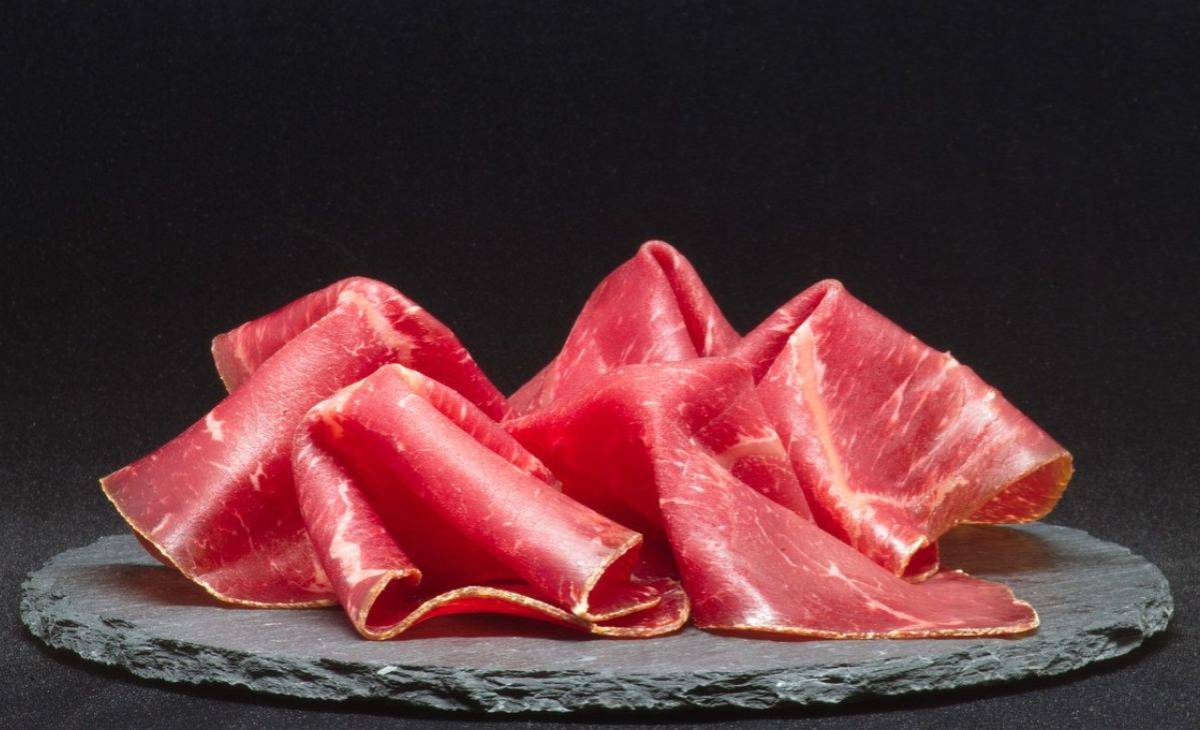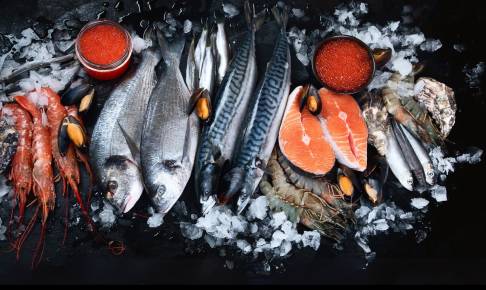EU Commission sets stricter limits on nitrites and nitrates as food additives
In a significant move to enhance food safety and protect consumers from carcinogenic substances, the European Commission has announced new limits on the use of nitrites and nitrates as food additives.
Nitrites and nitrates are commonly used as food additives for their preservative and antimicrobial properties, primarily in delicatessen and processed meats, as well as fish and cheese. However, the revised limits aim to strike a balance between food safety and reducing exposure to potentially harmful substances.
These reduced limits aim to safeguard against pathogenic bacteria, such as Listeria, Salmonella, and Clostridia, while also reducing exposure to nitrosamines, some of which are known to be carcinogenic.
The decision follows a thorough scientific assessment conducted by the European Food Safety Authority (EFSA) and received unanimous endorsement from EU Member States earlier this year.
Commissioner Stella Kyriakides, responsible for Health and Food Safety, emphasized the importance of ensuring the safety of the food supply. She stated, "Our citizens expect the peace of mind that comes with safe food to eat, this has always been a cornerstone of my mandate. Today, by setting new limits for nitrites and nitrates additives in food, we are taking another step in this direction and delivering on another important action under Europe's Beating Cancer Plan."
The new limits take into account the diverse range of products and their manufacturing conditions across the European Union. By providing a clear signal to both the food industry and smaller producers, the Commission aims to address the challenges posed by the presence of nitrites and nitrates throughout the EU's food chain. Food business operators will have a two-year period to adapt to these new limits.
The measures implemented by the Commission stop short of a complete ban on the use of nitrites and nitrates as additives, as scientific studies have indicated that lowering the maximum levels is a feasible approach.
Some advocacy groups, including Foodwatch France, have called for a complete ban on added nitrites and nitrates in food. The topic was also discussed earlier this year at the European Parliament's Committee on the Environment, Public Health, and Food Safety (ENVI). Nonetheless, the Commission's decision to establish stricter limits represents a significant step toward ensuring food safety and protecting public health.
Commissioner Kyriakides urged the food industry to swiftly implement these science-based rules and encouraged further reductions in nitrites and nitrates wherever possible to safeguard the health of citizens. As the EU continues its comprehensive efforts under the Beating Cancer Plan, this initiative marks an important milestone in promoting safer and healthier food choices for European consumers.
Source:






















